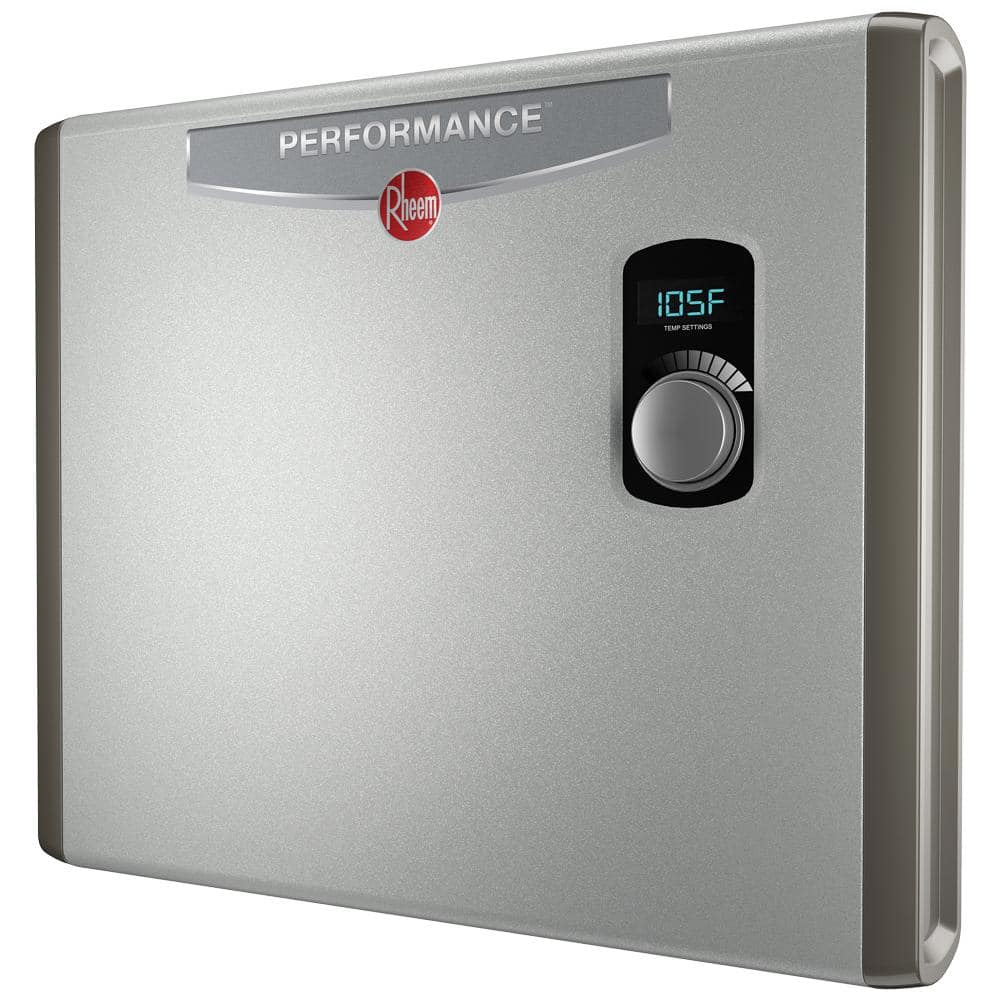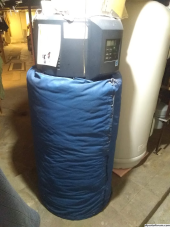Sam Cho TX
Solar Enthusiast
So while discussing water heater for an off grid cabin, instant water heater came up... and then I saw the power requirements:

36KW...

Rheem Performance 36 kw Self-Modulating 7.03 GPM Tankless Electric Water Heater RETEX-36 - The Home Depot
Get hot water for your space with this Performance Self-Modulating Tankless Electric Water Heater. This energy-efficient tankless water heater delivers an endless hot water supply and consistent temperature
www.homedepot.com
36KW...



